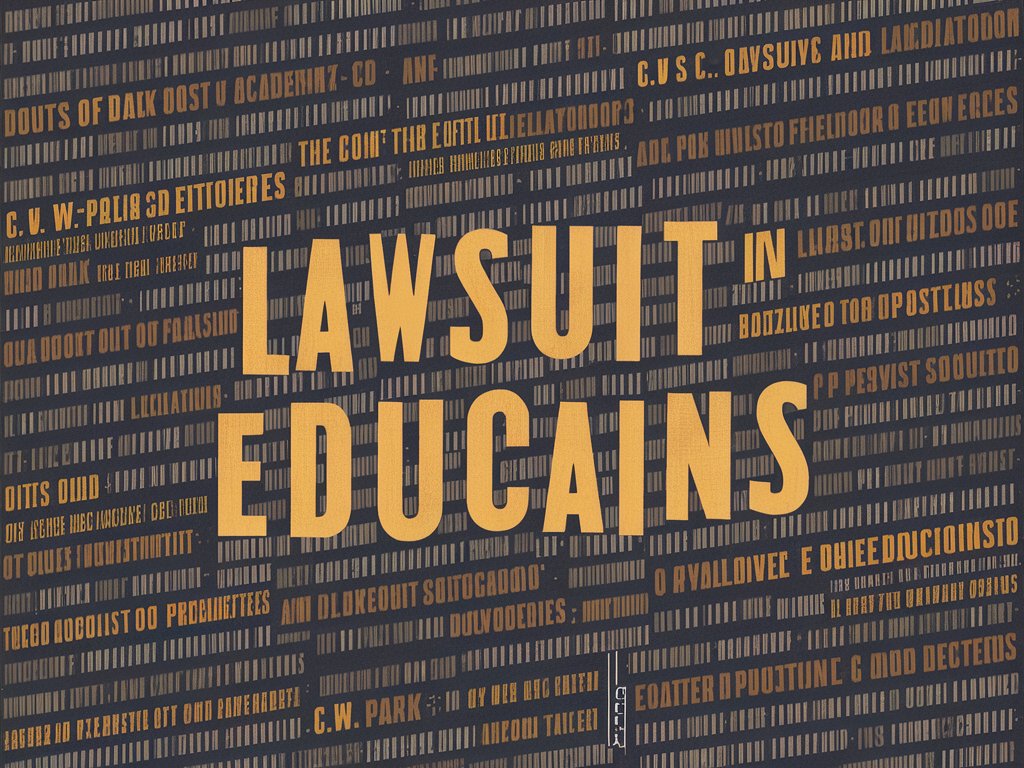In the fast-paced world we live in, communication is key. Yet, the subtleties of how we convey feedback, especially in the form of reprimands, can significantly impact relationships, productivity, and overall morale. When doubled, a mild reprimand is an expression that emphasizes the importance of gentle corrections, particularly when repeated, and how they can be more effective than harsh criticisms. This blog post delves into the nuances of this approach, exploring its benefits, applications, and strategies for implementation.
Introduction
In both professional and personal settings, giving and receiving feedback is inevitable. The way feedback is delivered can either build or break relationships, inspire improvement, or cause resentment. Understanding the delicate art of a mild reprimand, especially when doubled, can transform the way we interact with others. This blog explores why gentle corrections are powerful, how they should be implemented, and the various contexts in which they are most effective.
The Concept of a Mild Reprimand
A mild reprimand is a gentle form of correction aimed at addressing undesirable behavior or performance without harshness. It is subtle, respectful, and often delivered in a conversational tone. The idea is to correct the individual without damaging their self-esteem or motivation. When repeated, the mild reprimand reinforces the message without escalating tension, allowing the individual to adjust their behavior progressively.
Characteristics of a Mild Reprimand
- Polite and Respectful: Avoids any form of aggression or belittlement.
- Constructive: Focuses on the behavior, not the person.
- Clear and Specific: Addresses the exact issue without ambiguity.
- Encouraging: Provides a sense of support and the belief that improvement is possible.
Psychological Impact of Gentle Corrections
Understanding the psychological impact of how feedback is delivered is crucial. Harsh reprimands can lead to defensiveness, anxiety, and a decrease in morale. On the other hand, gentle corrections, when repeated, can foster a positive environment conducive to growth and improvement.
Positive Reinforcement
Gentle reprimands, when delivered consistently, serve as a form of positive reinforcement. They encourage individuals to correct their behavior while feeling supported, rather than attacked. This approach aligns with psychological principles that suggest positive reinforcement is more effective than punishment in modifying behavior.
Building Trust
When reprimands are mild and respectful, they build trust between the giver and the receiver. The individual receiving the feedback is more likely to be receptive and make the necessary changes when they feel understood and respected.
The Benefits of Repeating a Mild Reprimand
Repeating a mild reprimand serves to reinforce the desired behavior gently but firmly. Here are some of the benefits:
Reinforcement Through Repetition
The human brain responds well to repetition. By gently reiterating the same message, the likelihood of the individual internalizing and acting on the feedback increases.
Reducing Resistance
A single harsh reprimand can cause an individual to become defensive. However, a repeated mild reprimand is more likely to be received as a caring reminder rather than a personal attack, reducing resistance and increasing compliance.
Encouraging Self-Reflection
Repeated mild reprimands provide individuals with the opportunity to reflect on their actions over time, leading to deeper self-awareness and more meaningful behavioral changes.
Also Read: The C W Park USC Lawsuit: A Controversial Legal Battle
Practical Applications in Various Settings
The concept of doubling a mild reprimand can be applied in numerous settings, from the workplace to personal relationships. Here’s how it can be effectively utilized in different environments:
Workplace
In a professional setting, managers and leaders often need to provide feedback to their team members. Using a mild reprimand approach can help maintain a positive work environment and promote continuous improvement.
- Performance Reviews: Instead of focusing on shortcomings, frame feedback as opportunities for growth.
- Daily Interactions: Use casual conversations to address minor issues promptly and gently.
- Team Meetings: Reinforce collective goals and gently remind team members of their responsibilities.
Education
Teachers and educators can benefit from using mild reprimands to guide students.
- Classroom Management: Address disruptive behavior without causing embarrassment.
- Student Feedback: Provide constructive criticism on assignments and tests to encourage learning and improvement.
- Parent-Teacher Interactions: Communicate concerns about a child’s behavior in a supportive manner.
Personal Relationships
In personal relationships, gentle corrections can help resolve conflicts and strengthen bonds.
- Parenting: Guide children’s behavior through supportive and repeated reminders.
- Romantic Relationships: Address issues calmly and respectfully to avoid escalation.
- Friendships: Use mild reprimands to set boundaries and maintain healthy interactions.
Strategies for Delivering Effective Mild Reprimands
Delivering an effective mild reprimand requires tact and consideration. Here are some strategies to ensure your message is received positively:
Use “I” Statements
Frame your feedback using “I” statements to avoid sounding accusatory. For example, “I noticed that the report was submitted late” instead of “You submitted the report late.”
Be Specific
Clearly identify the behavior or issue you are addressing. Vague feedback can lead to confusion and misunderstanding.
Focus on Behavior, Not the Person
Keep your feedback centered on the behavior that needs to change, rather than criticizing the individual.
Offer Solutions
Provide constructive suggestions for improvement, helping the individual understand how they can better meet expectations.
Timing and Context
Choose an appropriate time and place for your feedback. Avoid public settings that could embarrass the individual.
Follow Up
Check in periodically to see if there have been improvements. This shows that you care about their progress and reinforces the importance of the change.
Potential Pitfalls and How to Avoid Them
While mild reprimands can be highly effective, there are potential pitfalls to be aware of:
Overuse
Repeated mild reprimands can lose their effectiveness if overused. Ensure that your feedback is necessary and not nitpicking.
Lack of Clarity
Being too gentle can sometimes result in the feedback being unclear. Balance politeness with clarity to ensure your message is understood.
Ignoring Serious Issues
Mild reprimands are not suitable for addressing serious issues that require immediate and firm action. Know when to escalate your feedback.
Perceived Indifference
If not delivered with genuine concern, mild reprimands can be perceived as indifferent or insincere. Ensure your feedback conveys your true intentions.
Case Studies and Real-World Examples
Transforming Workplace Culture
At a mid-sized tech company, a manager named Lisa noticed a decline in team productivity. Instead of issuing harsh reprimands, she opted for a strategy of mild, repeated feedback. In team meetings, she gently reminded employees of deadlines and offered support for overcoming obstacles. Over a few months, productivity improved, and team morale remained high, demonstrating the power of this approach.
Enhancing Student Behavior
In a high school classroom, Mr. Johnson struggled with a few disruptive students. He decided to use mild reprimands, gently reminding them of classroom rules and the importance of respectful behavior. By consistently reinforcing these messages, he noticed a significant improvement in student behavior and a more conducive learning environment.
Strengthening Personal Relationships
Sarah and John, a married couple, often argued about household chores. Instead of arguing, Sarah started gently reminding John of his commitments. She repeated these reminders calmly and consistently. Over time, John became more proactive, and their relationship improved, showcasing the effectiveness of gentle, repeated corrections in personal relationships.
Conclusion
When doubled a mild reprimand can transform the way we give and receive feedback. This approach not only fosters a positive environment but also encourages meaningful behavioral changes. Whether in the workplace, educational settings, or personal relationships, the strategic use of gentle corrections can lead to better outcomes and stronger bonds.


